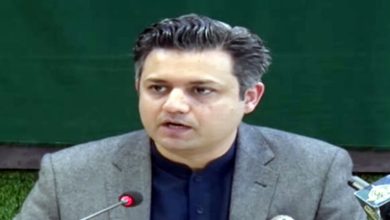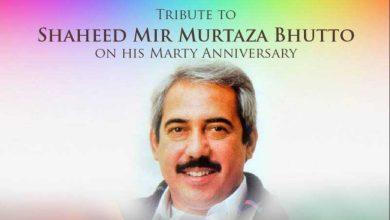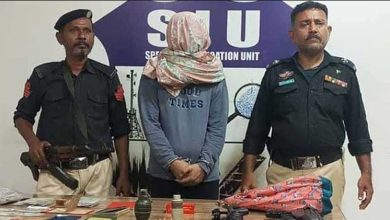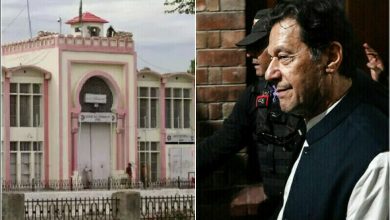Election Commission Declines to Brief Senate Committee on Expenditures
The committee had requested information on the salaries of ECP members and staff, travel expenses: Report
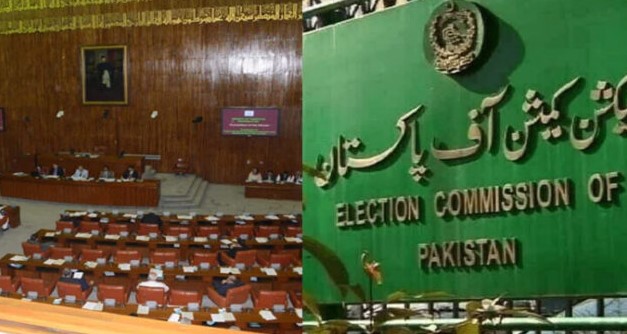
Islamabad: The Election Commission of Pakistan (ECP) has declined to provide a briefing to the Senate Standing Committee on Parliamentary Affairs regarding its expenditures, including the salaries of its members and employees, travel costs, and the expenses for the February 8 elections.
The Senate Standing Committee on Parliamentary Affairs, chaired by Senator Humayun Memon, convened to review details about the ECP’s expenditures. The committee had requested information on the salaries of ECP members and staff, travel expenses, and the costs associated with the upcoming elections.
The Secretary of the Election Commission communicated to the Ministry of Parliamentary Affairs that the ECP is an independent constitutional body and is not subordinate to any ministry. According to the ECP, it is not within the jurisdiction of the Senate Standing Committee on Parliamentary Affairs to request such details. The ECP clarified that its expenditures fall under “charged expenditures,” which are not subject to the usual parliamentary voting process.
The letter emphasized that the ECP is not obligated to provide the requested information to the committee. However, the ECP remains available to assist with matters related to electoral laws and constitutional issues.
- Senate Committee’s Reaction:
- Senator Humayun Memon expressed frustration, stating that the ECP’s refusal to provide information to the very parliament that established it was unacceptable. He argued that the committee has the authority to summon individuals and request documents and records under parliamentary rules.
- Secretary of Parliamentary Affairs noted that legislative matters related to the ECP fall within the ministry’s purview and suggested referring the matter to the Chairman of the Senate for further guidance and opinion.
- Further Actions:
- Senator Mohsin Aziz proposed rejecting the ECP’s letter, recalling that the ECP had previously appeared before the Public Accounts Committee (PAC).
- The Secretary of Parliamentary Affairs suggested that the issue be forwarded to the Chairman of the Senate for his opinion and guidance.
- Senator Memon indicated that he would take the issue to the Privileges Committee, viewing the ECP’s stance as an affront to the Senate. He acknowledged that while the Privileges Committee might be the appropriate forum, he would await advice from Senator Pervaiz Rashid.
Context and Implications:
- ECP’s Independence: The ECP’s stance underscores its position as an autonomous constitutional body, which operates independently of other governmental branches and parliamentary committees. This autonomy is intended to protect the impartiality and integrity of the electoral process.
- Parliamentary Oversight: The refusal to disclose financial details highlights a potential conflict between the need for transparency and the ECP’s constitutional independence. The Senate’s authority to oversee public institutions and the ECP’s assertion of its autonomy create a complex dynamic.
- Future Proceedings: The matter will likely continue to evolve, with potential further actions by the Senate, including the involvement of the Privileges Committee or seeking additional guidance from the Chairman of the Senate.
- Senate Official Website: For updates and further information on the Senate Standing Committee’s activities and proceedings, visit the Senate of Pakistan’s official website.
- ECP Official Statements: To understand the ECP’s stance and constitutional role, refer to the Election Commission of Pakistan’s official website.
- Media Coverage: Local media outlets, including Dawn and Express News, provide comprehensive coverage of the ongoing discussions and developments. For detailed reports, visit their websites and social media pages.
